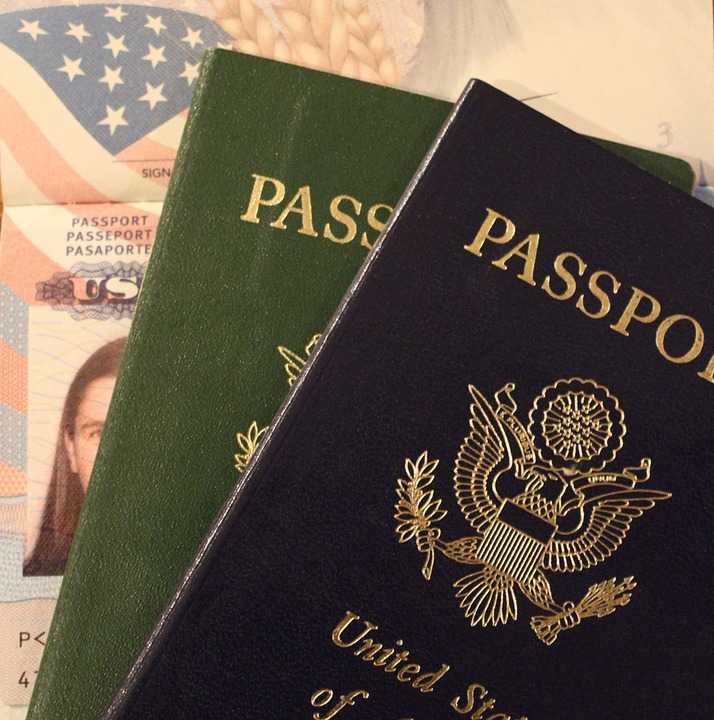 Australia is one of the world’s prime leisure and travel destinations – from rugged gorges to rich national parks, spectacular stretches of beaches and cultural sights, not to mention their capital cities’ fine nights filled with all kinds of urban delights. It’s no wonder the country’s tourism industry is at its peak.
Australia is one of the world’s prime leisure and travel destinations – from rugged gorges to rich national parks, spectacular stretches of beaches and cultural sights, not to mention their capital cities’ fine nights filled with all kinds of urban delights. It’s no wonder the country’s tourism industry is at its peak.
And it’s no wonder more and ResortBrokers.com.au reports spikes in management rights for sale in Gold Coast and other capital cities. With the country attracting more tourists, the motel and accommodation industry has more customers to accommodate, which makes it a prime business.
A Colour for an Industry
Certain ethnicities dominate certain industries; for example, Greek immigrants are likely to run restaurants from other countries, Korean immigrants are known for putting up dry-cleaning shops and Indian immigrants are likely to go into the motel business.
Even before Australia developed into the top-notch tourism hotspot that it is, foreign immigrants have found a home in this country. In 2011-12, Indians made up one of the largest groups of permanent migrants to Australia and played an integral role in the building of the country’s accommodation industry.
The Clustering Effect
When immigrants come settle in a new place, they’re likely to stick to business pipelines in industries where their previous generations already found success. It’s a means of sticking to what they know, a social insulation common among tight-knit networks.
Immigrants often cluster, both socially and geographically, with those who are similar to them. Most arrive and stay with relative or friends, or in a community with familiar customs and language. Staying within the same communities builds up the proximity factor, which affects employment.
Finally, in order to get the business up, the community pools money, builds partnerships, and mentors each other on the necessary skill set in surviving their industry. It can be interpreted as a group of people restricting themselves from so many options but it can also be seen as a survival skill, as a strategy to do what they know best and do it well.




